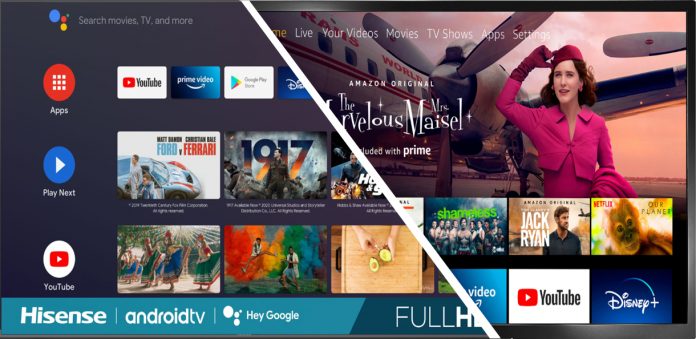Best TVs for Gaming in 2025: TVs for PS5, Xbox Series...
Whether you're playing fast-paced FPS titles, exploring massive open worlds, or enjoying split-screen co-op with friends, having one of the best gaming TVs can...
When it comes to connected TVs, the terms tend to clash and mix. One of the questions that often comes up is: what’s the difference between Smart TV and Android TV? Well here is your answer!
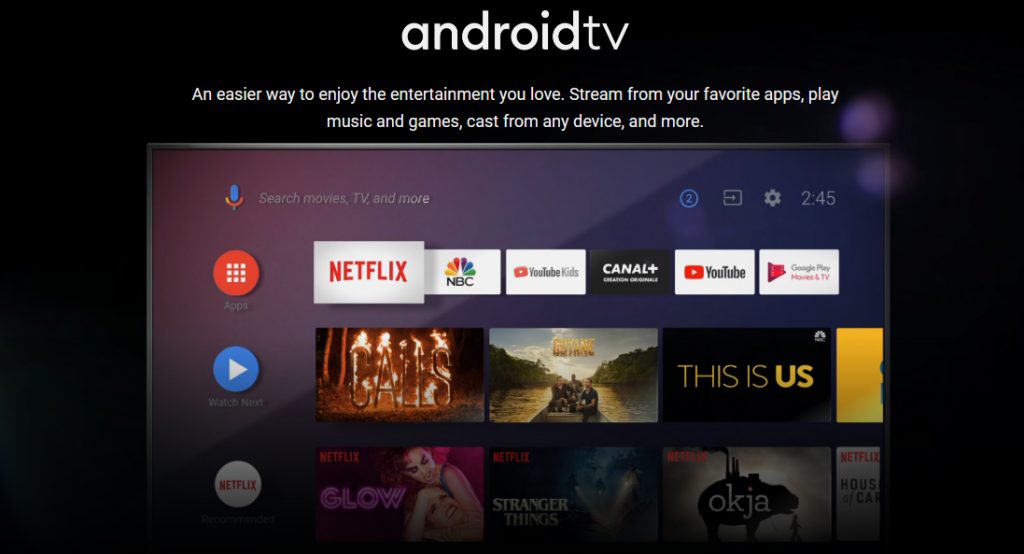
Samsung, LG, Philips, Sony, TCL, Panasonic… many major consumer electronics brands offer connected TVs. These smart screens connect to the Internet via a Wi-Fi network or an Ethernet cable connected to a box, and thus offer access to a large number of online services, multiplying the possibilities of the TV.
Nowadays, watching TV is no longer limited to DTT channels: you can access Netflix, Spotify, YouTube, Deezer… you can also surf the Internet and even play video games in some cases. The possibilities are endless!
To offer so many online services, TV manufacturers install an operating system on their connected TVs. Some have decided to develop their own system: this is notably the case of LG, whose connected TVs embed webOS, or Samsung, which uses Tizen, its home system. Others, and these are the most numerous today, have chosen to use Android TV.
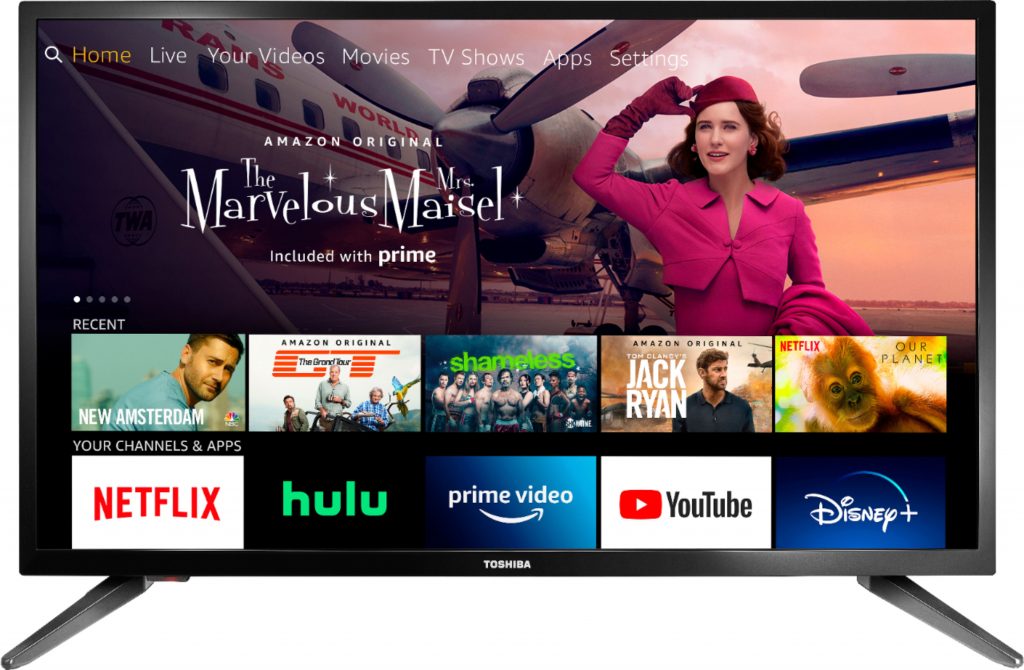
So the answer to the question you may have is simple: the term Smart TV refers to all connected TVs on the market, while the term Android TV refers to one of the operating systems used by some manufacturers like: Philips, Sony, TCL, or Sharp. They all equip their connected TVs (or smart TVs) with Android TV.
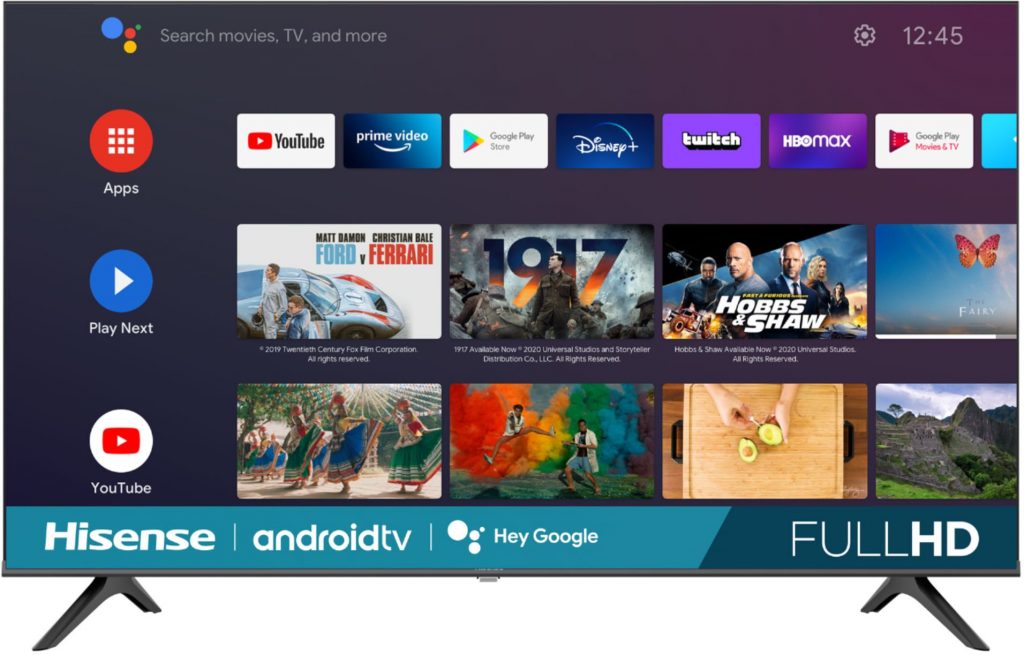
This has many advantages for brands: the first is that they don’t have to develop their own operating system in-house, and benefit from Google’s know-how on the subject.
Second, they don’t have to manage updates themselves: again, Google does the work. Android also enjoys a good reputation, since this operating system also equips hundreds of millions of smartphones and tablets around the world.
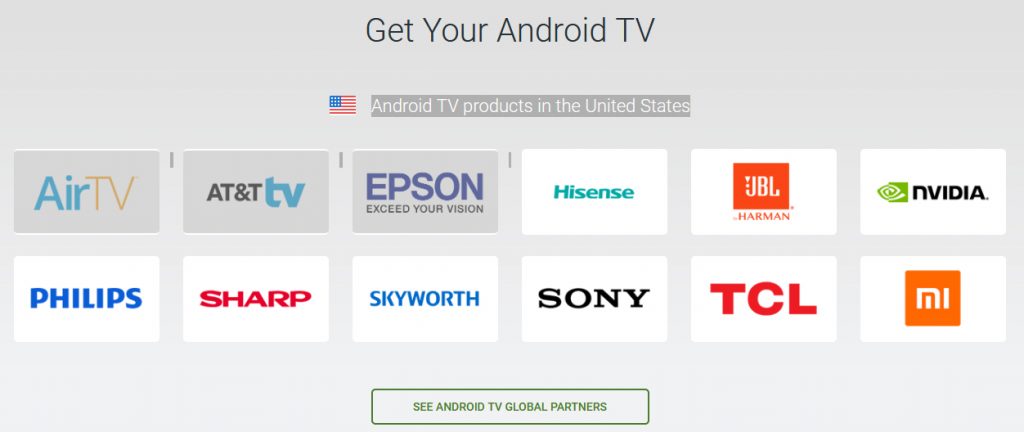
For the user, Android TV is also advantageous since it offers access to hundreds of applications, starting with those dedicated to TV channel replays, VOD or SVOD platforms like Netflix or Amazon Prime, and music like Deezer or Spotify.
If they have a smartphone running Android, users can also access their mobile files on their TV, since it is a unified system.
Finally, TVs that take advantage of Android TV integrate Google Assistant, the company’s voice assistant, which can be used via a microphone in the remote control.
Described this way, Android TVs seems very interesting and very complete. And it is: it’s not for nothing that many manufacturers integrate it into their TVs.
However, if your preference is for a TV from a brand like LG or Samsung, which doesn’t carry Android TV, that doesn’t mean your Smart TV experience won’t be good. Indeed, manufacturers who don’t use Android TV know very well that they need to be able to make the comparison, and therefore develop immersive features that optimize the viewing experience.
It is also important to note that WebOS and Tizen TVs also offer the most popular applications for connected TV enthusiasts, such as Netflix, YouTube, Amazon Prime Video and many others.
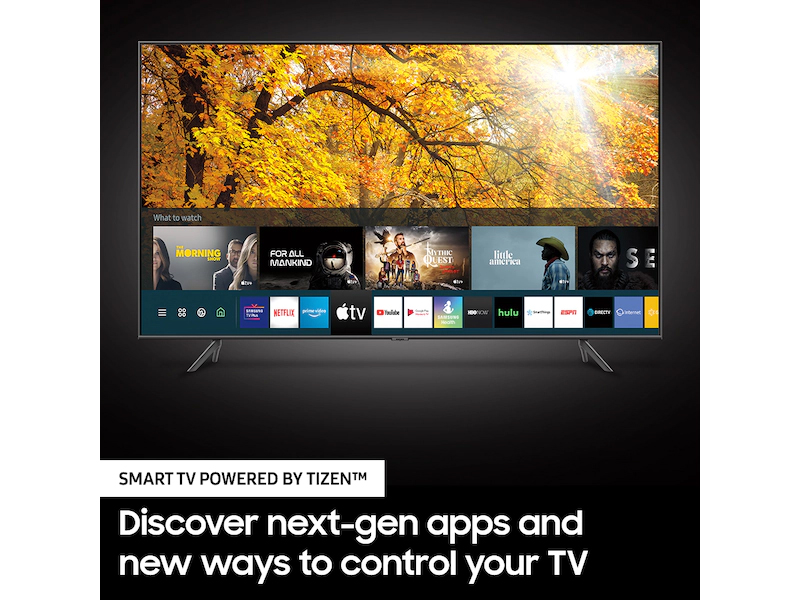
In any case, acquiring a smart TV, whether it runs Android TV, WebOS or Tizen, is the assurance of a complete and immersive online experience. The rest is ultimately a matter of taste, affinity and budget.
Now that you clearly know the difference between a Smart TVs and the Android TVs operating system, you’re better equipped to choose between the different brands and models of connected TVs.
So, which operating system do you prefer?
